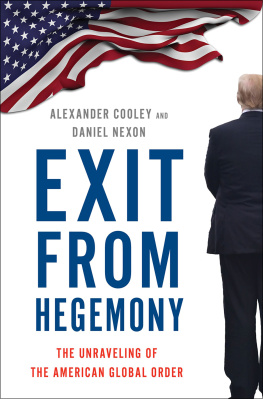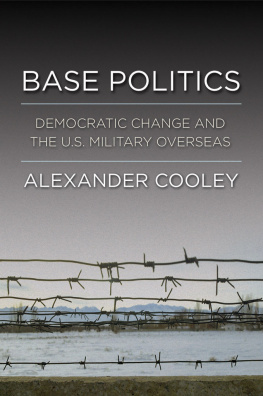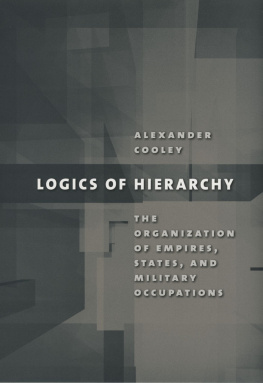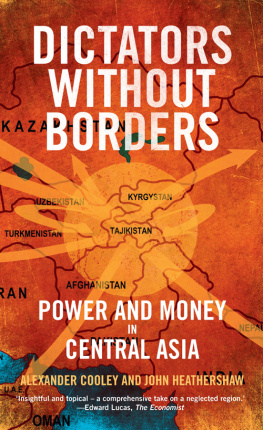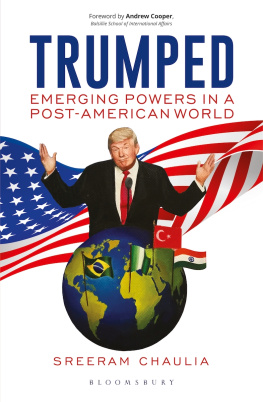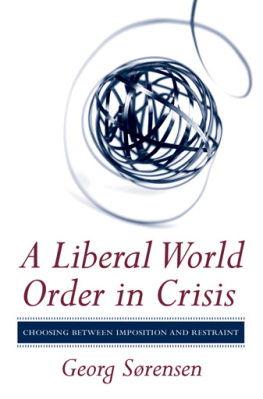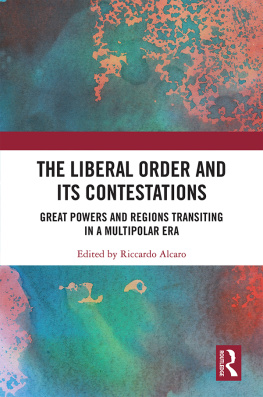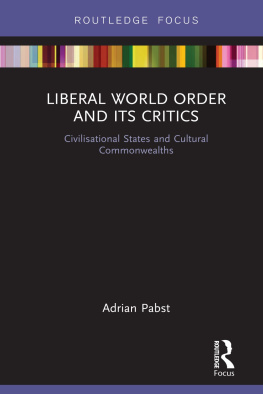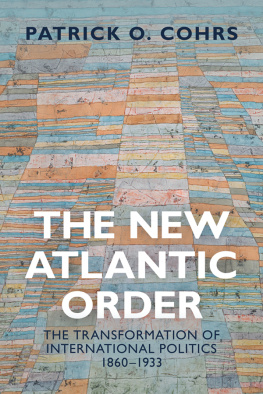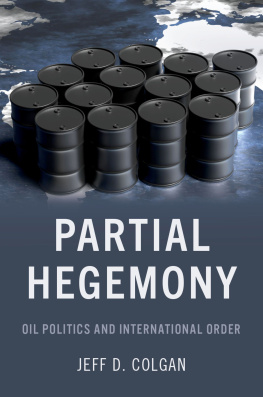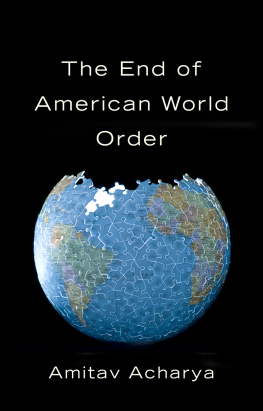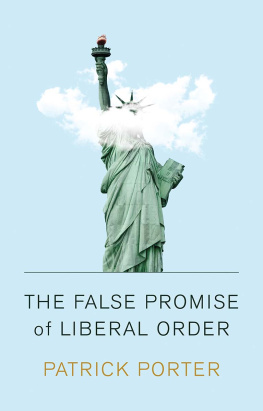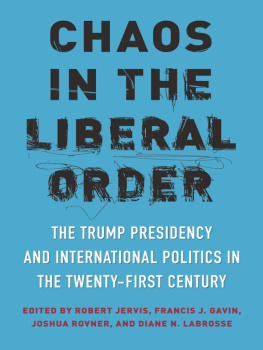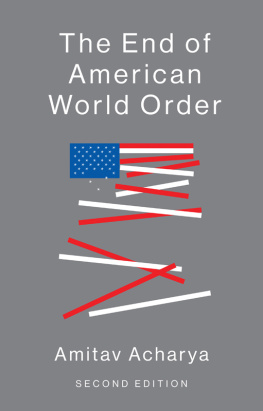Alexander Cooley - Exit from Hegemony: The Unraveling of the American Global Order
Here you can read online Alexander Cooley - Exit from Hegemony: The Unraveling of the American Global Order full text of the book (entire story) in english for free. Download pdf and epub, get meaning, cover and reviews about this ebook. year: 2020, publisher: Oxford University Press, genre: Politics. Description of the work, (preface) as well as reviews are available. Best literature library LitArk.com created for fans of good reading and offers a wide selection of genres:
Romance novel
Science fiction
Adventure
Detective
Science
History
Home and family
Prose
Art
Politics
Computer
Non-fiction
Religion
Business
Children
Humor
Choose a favorite category and find really read worthwhile books. Enjoy immersion in the world of imagination, feel the emotions of the characters or learn something new for yourself, make an fascinating discovery.
- Book:Exit from Hegemony: The Unraveling of the American Global Order
- Author:
- Publisher:Oxford University Press
- Genre:
- Year:2020
- Rating:3 / 5
- Favourites:Add to favourites
- Your mark:
Exit from Hegemony: The Unraveling of the American Global Order: summary, description and annotation
We offer to read an annotation, description, summary or preface (depends on what the author of the book "Exit from Hegemony: The Unraveling of the American Global Order" wrote himself). If you haven't found the necessary information about the book — write in the comments, we will try to find it.
We live in a period of great uncertainty about the fate of Americas global leadership. Many believe that Donald Trumps presidency marks the end of liberal international order-the very system of global institutions, rules, and values that shaped the American international system since the end of World War II. Trumps repeated rejection of liberal order, criticisms of long-term allies of the US, and affinity for authoritarian leaders certainly undermines the American international system, but the truth is that liberal international order has been quietly eroding for at least 15 years. In Exit from Hegemony, Alexander Cooley and Daniel Nexon develop a new, integrated approach to understanding the rise and decline of hegemonic orders. Their approach identifies three distinct ways in which the liberal international order is undergoing fundamental transformation. First, Russia and China have targeted the order, positioning themselves as revisionist powers by establishing alternative regional institutions and pushing counter-norms. Second, weaker states are hollowing out the order by seeking patronage and security partnership from nations outside of the order, such as Saudi Arabia and China. Even though they do not always seek to disrupt American hegemony, these new patron-client relationships lack the same liberal political and economic conditions as those involving the United States and its democratic allies. Third, a new series of transnational networks emphasizing illiberalism, nationalism, and right-wing values increasing challenges the anti-authoritarian, progressive transnational networks of the 1990s. These three pathways erode the primacy of the liberal international order from above, laterally, and from below. The Trump administration, with its America First doctrine, accelerates all three processes, critically lessening Americas position as a world power.
Alexander Cooley: author's other books
Who wrote Exit from Hegemony: The Unraveling of the American Global Order? Find out the surname, the name of the author of the book and a list of all author's works by series.

